Continuing with our celebration of Natalie’s book, today we are going to talk about multicultural experiences.
It seemed appropriate that I write this post for three reasons: 1. I’ve been married for twenty-four years to a person of Japanese descent, 2. I’ve raised two hapa children (hapa is slang among American Japanese for ½ Japanese kids. It used to be derogatory, but today’s hapa wear their identity with pride.) and 3. my family (especially my daughter), has traveled quite a bit.
Multicultural experiences are common for Americans today, but not always easy. Which is why FLYING THE DRAGON is a wonderful contribution to modern kid lit. It is full of wonderful moments that show both sides of the experience, and can give kids an understanding of what it is like to be in a new land.
But where does that leave all us grown-ups, that didn’t have this awesome book when we were growing up? How are WE going to survive in this increasingly multicultural world?
FEAR NOT, MONOCULTURAL READER! Today’s post will give you everything you need to become a great world traveler and welcomer of world travelers in your community. Today I give you:
TEN ESSENTIAL TIPS TO MULTICULTURAL LIVING, AT HOME AND ABROAD! (The Asian edition)

Don’t worry about a few linguistic errors–we all make them. Even the designer of this T shirt that my son bought in Japan.
1. Don’t worry about making mistakes while speaking a foreign language. Rest assured your errors will be amusing (to someone.)
My son tells me that before his first trip to Japan I told him, “You are going to make a total fool of yourself anyway, so you might as well just go for it!” I don’t remember saying that, but I still think it’s good advice. True, like Hiroshi telling his teacher “that totally sucks!” your mistake will probably be somewhat inappropriate, but eventually most everyone will be amused. For example, in my first Japanese class, a male student announced to the class, “Watashi no chichi wa okii des.” Literally, this means “My father is big.” However, okii (big) is not typically used to describe a person, and chichi (the informal word for father) is sometimes a slang term for breasts. So really, he said, “my breasts are big.”
See how funny that is? And how inappropriate? And what a good laugh everyone had? So go on. Go for it. Speak the language. The locals will appreciate you for trying, and you might give them the best laugh they’ve had all week.
2. Try everything. The food, the activities, the possibly dangerous forms of transportation. Everything. Because that is how you grow and learn, as Skye learns when she eats a strange food that turns out to taste good. (But don’t be like Skye and give up when you find out what’s in it.)
To get you started with the “try anything” tip, here’s a lesson in eating with chopsticks:
Still struggling? Then here’s a nifty trick. Bring a rubber band to the Japanese restaurant (or to Japan. Whichever). Then roll up the wrapping paper off the chopsticks, wedge it between them, and rubber band the back end of the chopsticks together. Now you have a spring loaded, fail safe chopstick eating machine, that only requires one quick pinch to close on a tasty morsel.
3. It’s okay for people to make jokes about their own ethnicity, but don’t get into the habit of cracking those jokes yourself if you are outside that ethnicity. My kids love to joke about Asian stereotypes, and I’ve joined them in that around the house. DON’T GO THERE! Because eventually, you will say something inappropriate in the wrong company. And it won’t be as amusing as that foreign language goof was. I can assure you of this as the “outside” ethnic member of my family. Enough said.
4. White rice goes with everything. Trust me, if you are going to get yourself into a multicultural, Asian-oriented relationship, this is a fact of life you may have to accept. What do we eat white rice with in the Mobley-Tanaka household, you ask? Stir fry, teriyaki dishes, sea food, eggs, hotdogs, barbeque, Thanksgiving dinner, corned beef and cabbage, omelets, stew. Get the picture? Buy it in the 20 pound bags at the Asian market. It’s cheaper, and tastes better, and you’re going to need that much.
5. When speaking to someone who speaks very little English, talking louder won’t help. My daughter assures me this is an error that is mostly American in nature. Having lived in both Spain and Japan, she did not encounter this problem with those speaking to her, nor did I encounter it living in El Salvador. I’m not sure why so many English speakers think this will work–maybe English is the only language out there that gets clearer as it gets louder? Or maybe not.
6. Talking louder won’t help, but talking slower will. Obviously. If traveling to Mexico, learn the phrase, “Mas despacio, por favor.” (Slower please.) In Japan, say “Mo ichido, onegiashimasu.” (One more time, please.) Believe me, these are two of my most used phrases while speaking a foreign language.
7. When going into a new culture, learn a little native etiquette. Skye and Hiroshi had to learn many things by making mistakes, and you will too, but the basics politeness are possible for everyone. Don’t do as my son’s American room-mate did in Japan, walking in the front door, and wiping his feet on the artistic tatami mat there. Take your shoes off and step onto it in your socks. If only he had known, that expensive tatami mat would be looking much nicer today!

In the modern world you can always find something familiar for your out-of-country guests. Although you may not be able to find it in green tea flavor on this side of the pond.
8. Offer a few “comforts from home” to new arrivals from other countries. There are things that will be familiar, at least somewhat. If you want to make sushi for them, give me a call and I can teach you how, but if not, I can give you the number of a good restaurant that does take-out (as Skye’s mom so cleverly does on the first night of her Japanese relatives’ visit.) Even little things will make them feel more comfortable in their transition.
9. Getting lost in a foreign city where you don’t speak the language can be a wonderful adventure. And if you survive, it will be the highlight of your trip. (Don’t try this one in Mexico City, Calcutta, East L.A., Tehran, etc. But you should be fine in Japan.)
And
 10. Read FLYING THE DRAGON, either before or after you travel! Because you will LOVE all the cultural missteps Skye and Hiroshi make, and what they learn from it. And you might just pick up a few more useful pointers along the way.
10. Read FLYING THE DRAGON, either before or after you travel! Because you will LOVE all the cultural missteps Skye and Hiroshi make, and what they learn from it. And you might just pick up a few more useful pointers along the way.
Ready and eager to be multicultural now? Great! Just reply to this post for a chance to win this set of authentic* chopsticks!
* the chopsticks are authentic, but we have customized the number of them for this prize. Things never come in sets of four in Japan. Odd numbers are considered more lucky in general, and four is particularly unlucky, because the word shi, which means four, also means death. But we’re going to give you four anyway if you reply to this post! Tell us, what are some of your fun (or embarrassing) cultural missteps?





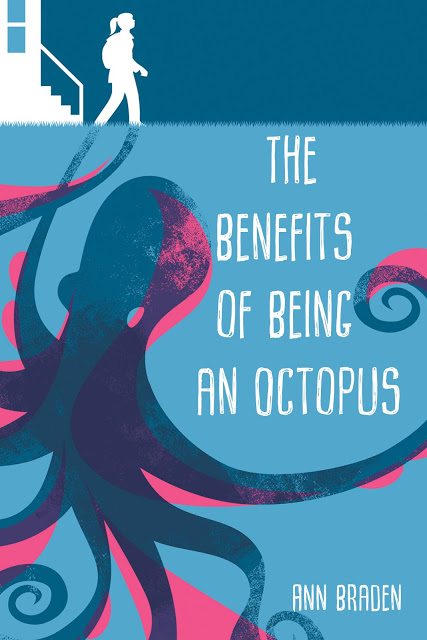

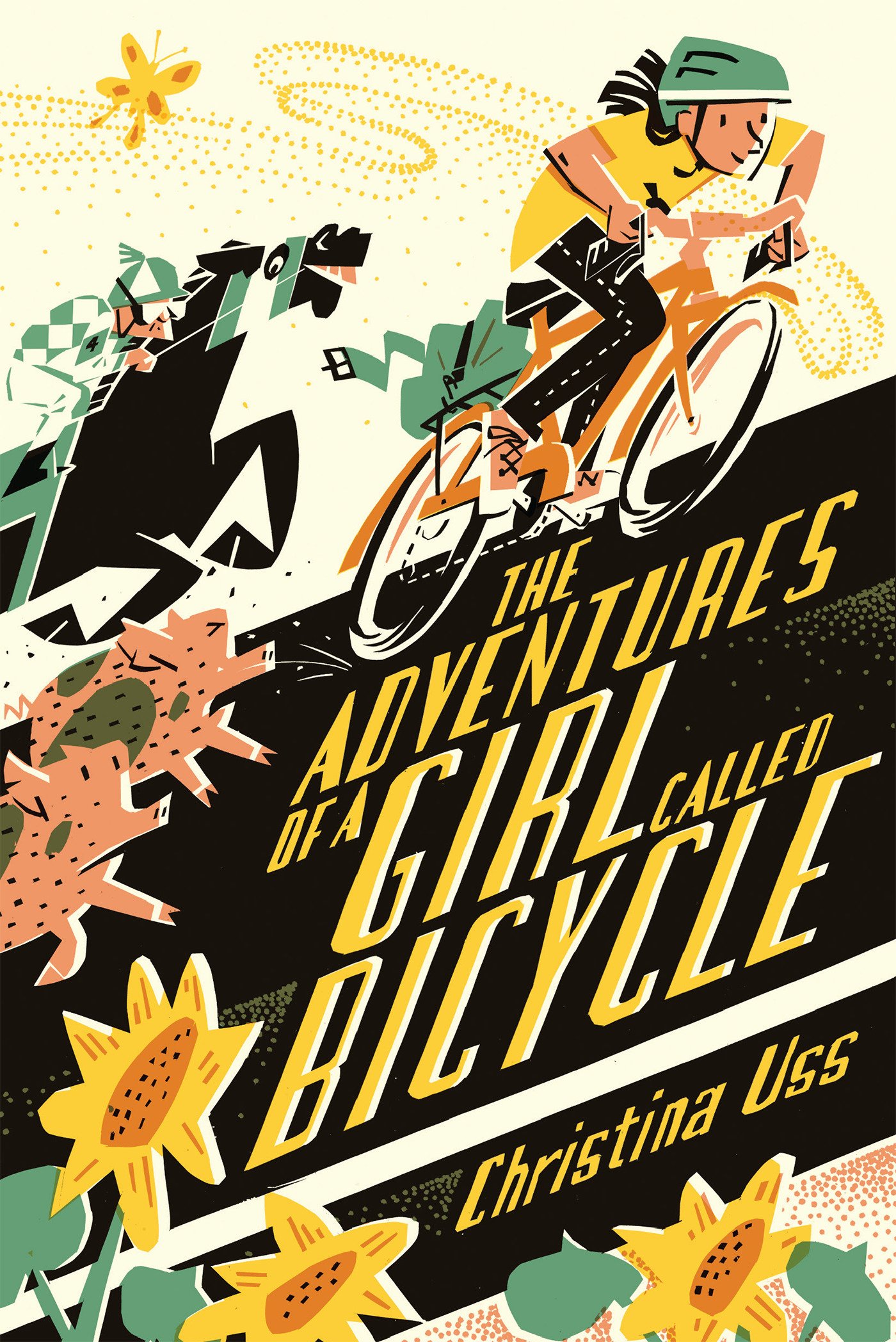






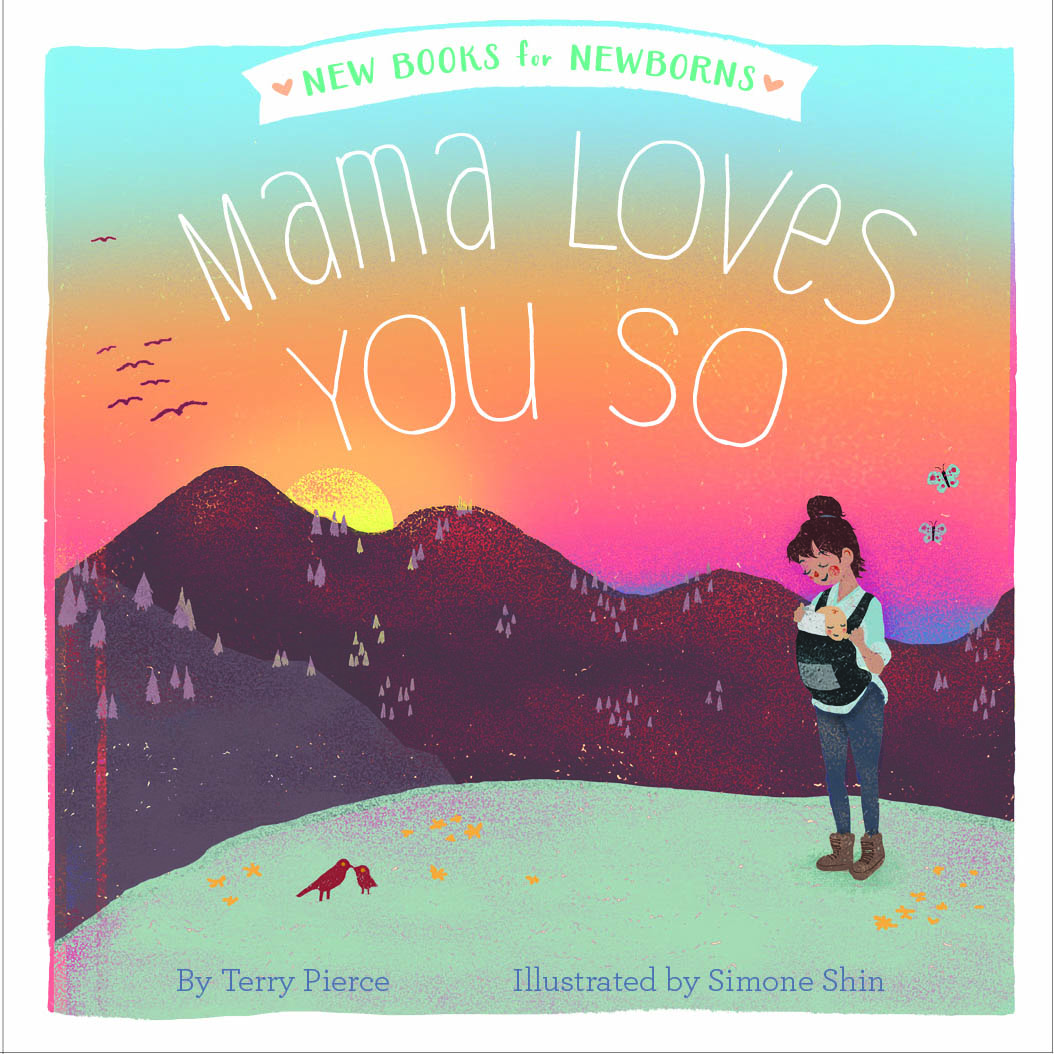
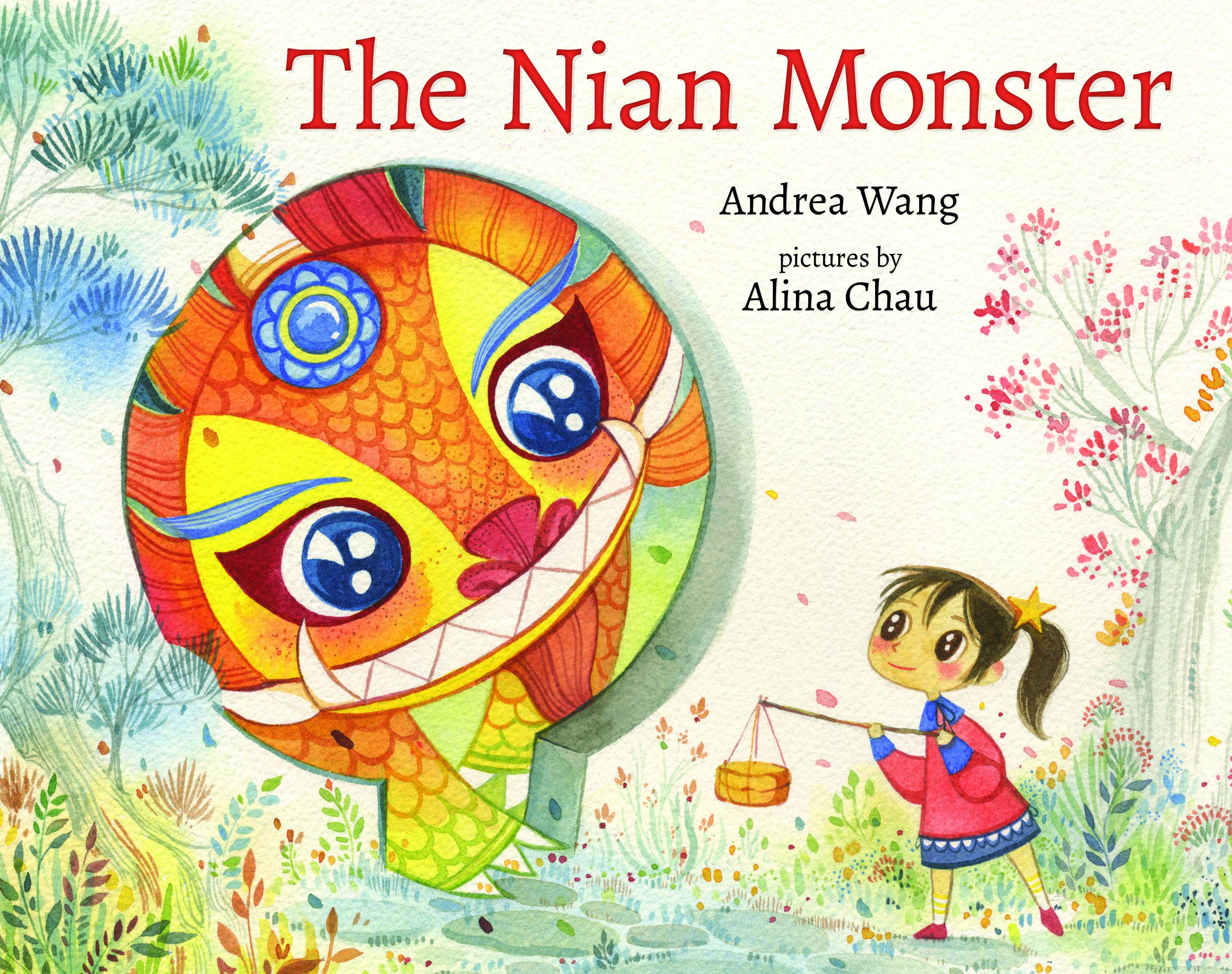
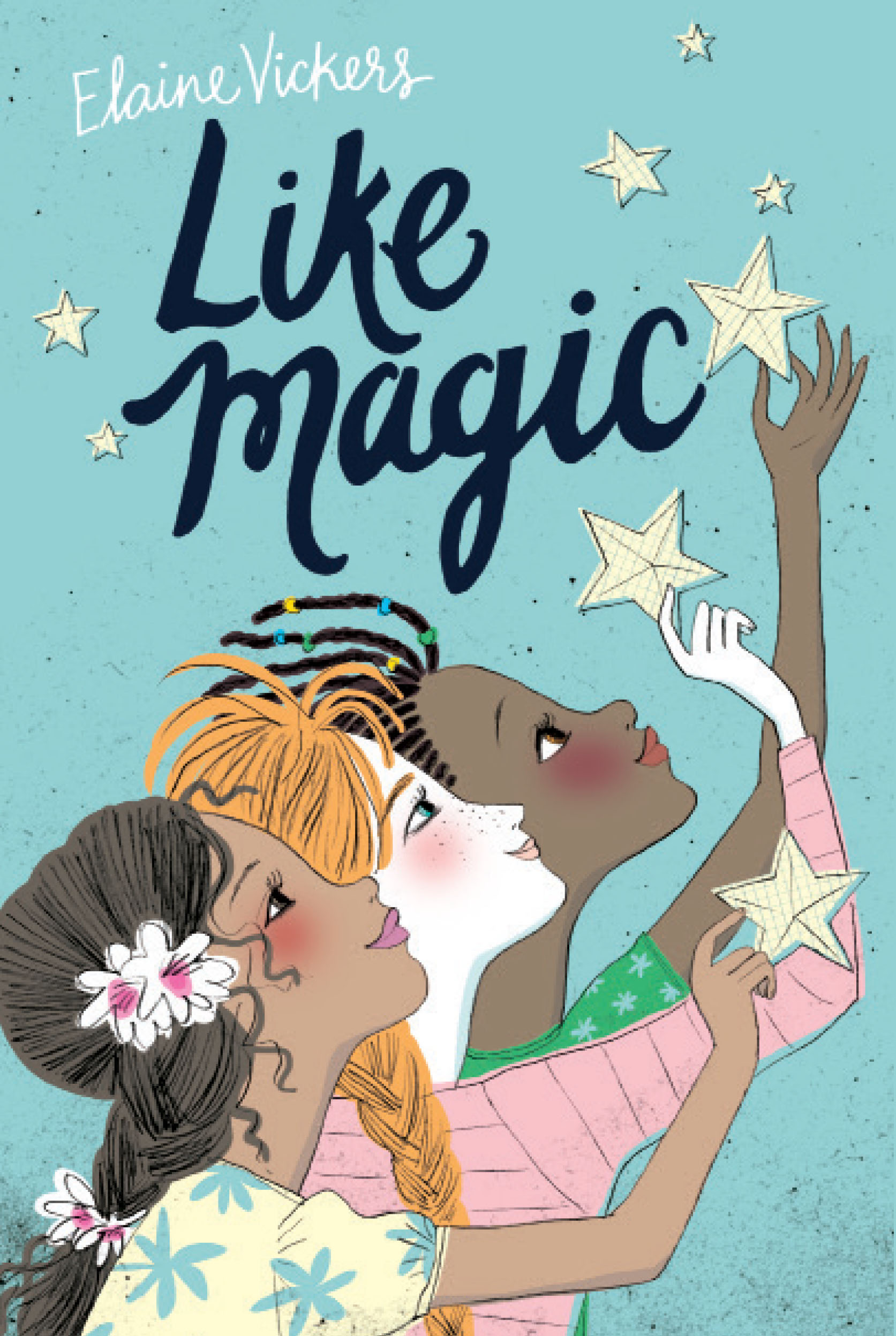
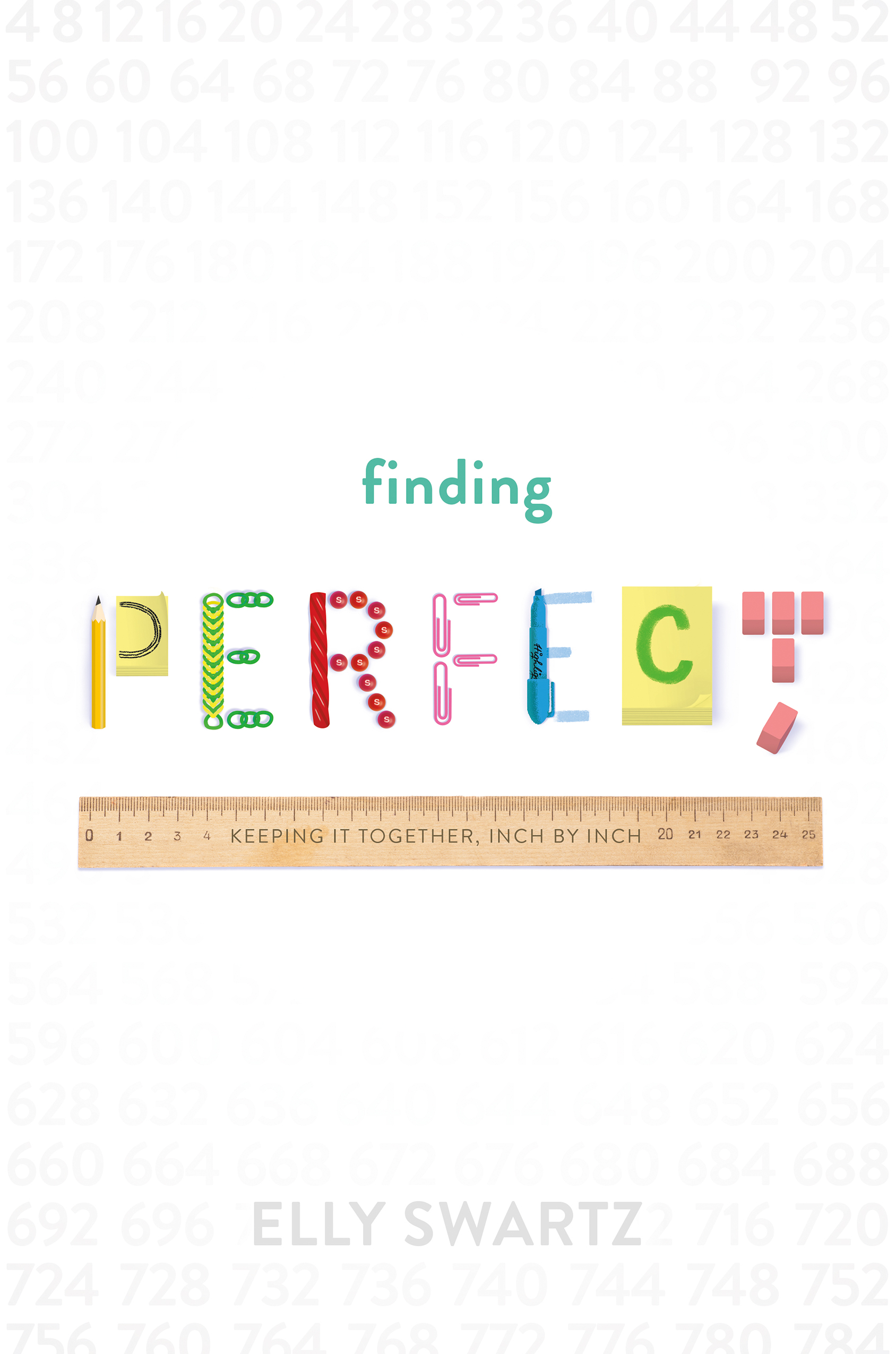
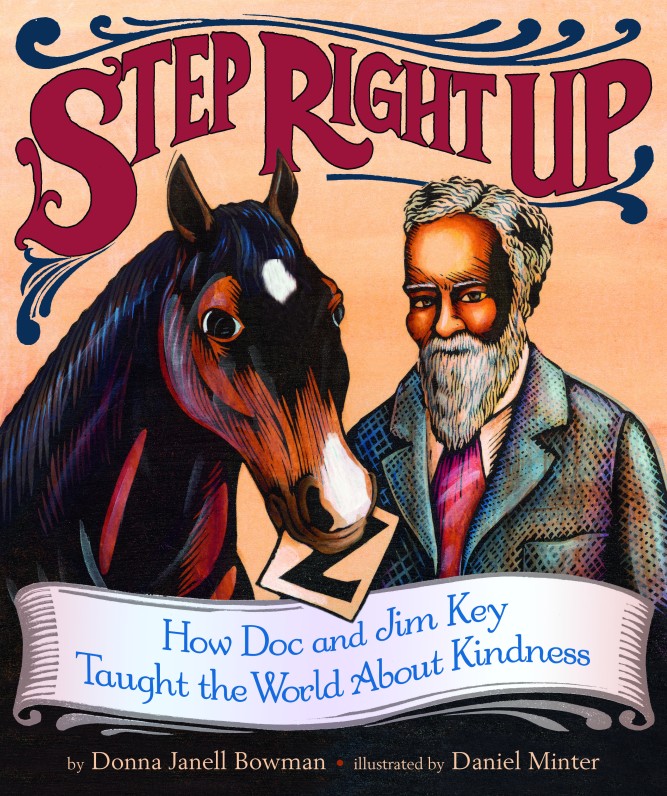
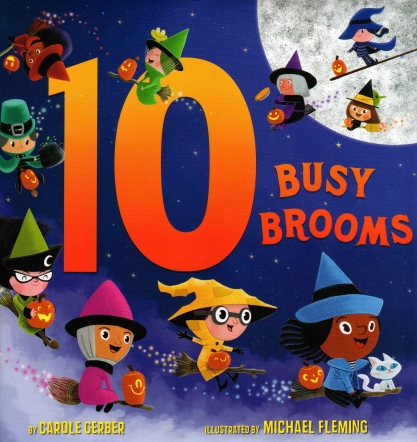
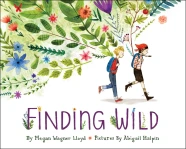
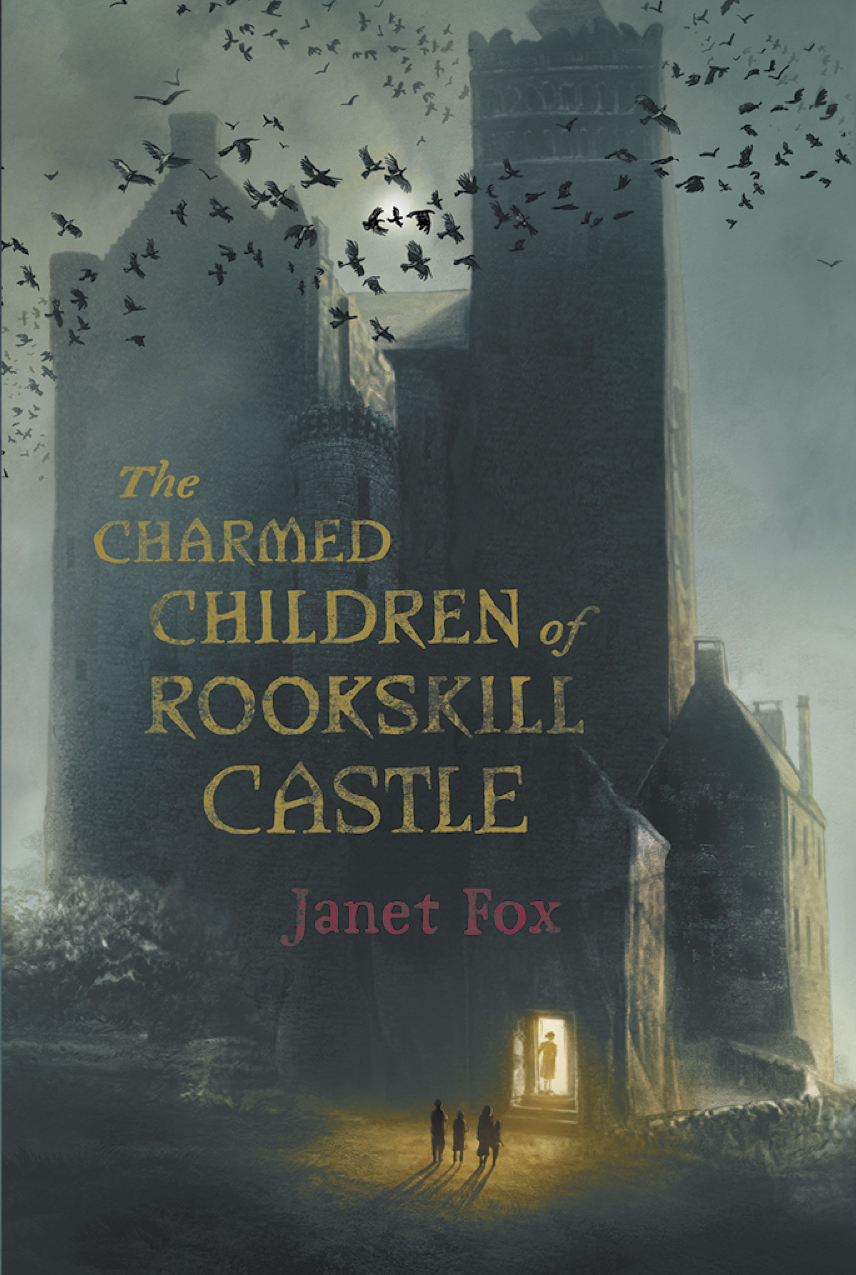
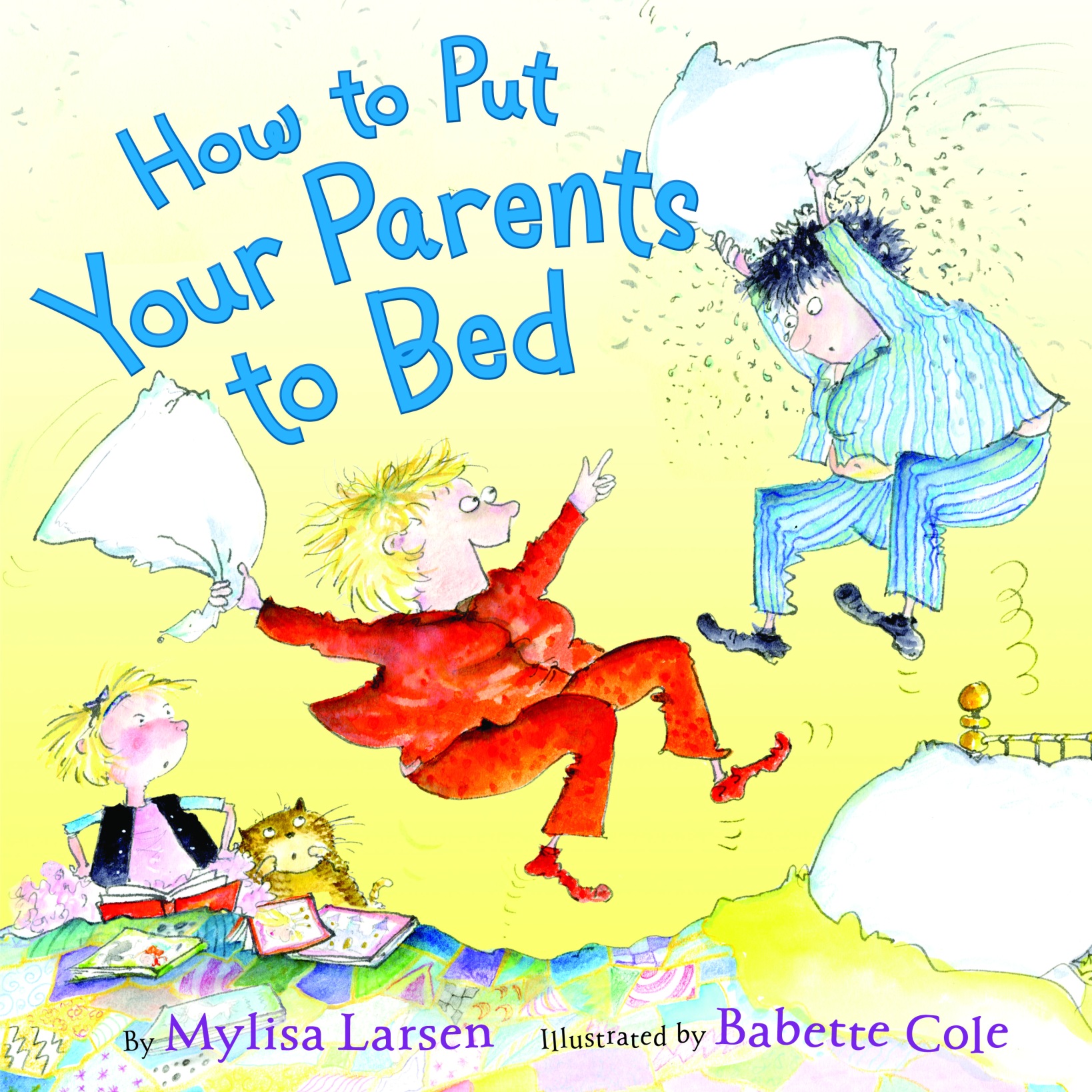



I LOVE this book. I have never been to another country, except Canada, but that was when I was 2-4 years old. I don’t think I have any embarrassing (multicultural) moments. I would like the chopsticks though! 🙂
LikeLike
Ah, Erick–just think of all the multicultural faux pas you have ahead of you! 🙂 I hope you do decide to travel one day, because not only will you get to see how the rest of the world lives, but you will look at your own culture with fresh eyes. Then you can go and write a book about your experiences! 🙂
LikeLike
Fair enough, we’ll count you in! I had an embarrassing moment going into Canada with a group of friends in college. One girl in the car said to the border guard, “Do you still belong to England, because I was thrown out of England.”
It’s the only time I’ve had my car very thoroughly searched while crossing the border into Canada.
LikeLike
Jeannie, I LOVE this post, and the t-shirt made me giggle. We saw so many things like this in Japan–I wish I’d written them all down. Most had some kind of Hello Kitty-type character in the mix along with the text. I’m sure Americans walk around with t-shirts with kanji on them that they think says something like “peace,” or “flowing water,” when it actually says, “My Shih Tzu is cuter than your grandmother.”
One multicultural faux pas that still makes me cringe happened after I’d been living in Italy about a month. I went to a soccer team lunch with the team that my (future) husband played on. There was a group of us at the end of the table who spoke only English, and two friends, one American and one English, who sat between us and the 30 Italians at that long table. At the end of the lunch, the team captain called to me from the other end of the table and asked (in Italian, of course) if I’d enjoyed the lunch. When I answered, “Si, ho mangiato tutti,” I thought I’d said, “Yes, I ate everything.” Well, I should have said, “Si, ho mangiato tutto,” because what I’d ended up saying was, “Yes, I ate everyone.” This was followed by two seconds of silence at the table, and then two minutes of roaring laughter. *sigh*
LikeLike
BEST STORY EVER, NATALIE!
LikeLike
I can laugh now, Mike. After years of therapy. 😉
Seriously, though, I think the fear of making a fool of oneself if what stops many people from learning a new language. As you might imagine, I made a linguistic fool of myself many, many times. But it was worth it. 🙂
LikeLike
My most embarrassing language moment was a flaw in understanding rather than speaking. When I lived in El Salvador, I supervised an entirely male crew of workers on an archaeological dig. A few months into the project, I discovered that they were all calling me “La Gordita” (e.g. Fatty) behind my back. Having grown up an overweight child, this touch a nerve with me. I was furious and ready to fire the whole batch of them, when a woman colleague pulled me aside and explained to me that it was a huge compliment; that in their view, my well-padded backside was quite admirable, and the term was one of supreme flattery. I still think it would have constituted sexual harrasment in this society, but I basically had to bite my tongue the rest of the time I was there and not erupt in anger at being La Gordita.
LikeLike
I have never travelled anywhere I needed to speak a different language (although I could speak French if I needed to). But when we went to England and Scotland, the farther north we went, the more difficult the natives’ accents were to understand (and conversely, the harder it was to make ourselves understood). In our Edinburgh B&B I asked for “another” towel — meaning a second, additional bath towel to wrap my long hair in after a shower — and the maid brought me a different towel, taking the first towel away. And in the pubs, we had great conversations with other couples like us who were delighted to talk (“Oh, you’re American?!”) in which we all spent most of the time saying, “Pardon?” “What’s that?” “Sorry?” All this in a nation with a common language! 🙂
LikeLike
Your post brought back one memory of going to pick up a new teacher at the airport in Venice. This guy was from Manchester, England, and was to be the new PE teacher at the international school where I was working at the time. My sister had arrived a few days earlier, so we went together on the 2-hour train ride to Venice. I swear, we spent the entire train ride back saying things like, “Excuse me?” and “Sorry, could you repeat that a third time?” Im’ assuming he was saying the same, but I couldn’t understand him well enough to be sure….
LikeLike
What great tips, Jeannie! As the only “outside” ethnic member of my own household, I could totally relate. I’ve made a kazillion blunders over the years, but the first to come to mind is when, on a sweltering day, I told a German friend’s family, “Ich bin heiss.” I thought it meant, “I’m hot.” But it actually refers to one’s heat in an erotic rather than weather-focused sort of way.
LikeLike
Ha, Jeanne! 🙂 I’ve heard people make that same mistake in Spanish, saying that they’re “caliente.”
LikeLike
Your post makes me want to wander through Japan without a map. But I could never go without an etiquette lesson. It seems to me that American culture can be a bit opposite at times, and I wouldn’t want to do something dumb, like high five the guy bowing in front of me. I think learning the etiquette is a must for any traveler, come to think of it….
LikeLike
You’re so right, L.B. The thing about making a fool of myself in Japan was that people knew right away that I was a foreigner before I ever opened my mouth. A Hawaiian colleague had a much harder time–she said people were less patient with her because she looked Japanese (both sets of grandparents had immigrated years back). But I think most people know when you’re well-meaning, which you would be. 🙂
LikeLike
I agree, L.B. My most memorable “getting lost in a foreign country” episode was when my husband and I got lost in Guatamala city in the early 90s, at around midnight, in a VERY bad part of town. But it is mostly memorable because there were a few moments where I wasn’t all that sure about the surviving it part. In Japan, however, every one is very eager to help you if they think you are lost. Some of them will even get on the train and escort you to where you are going!
LikeLike
I’m not sure how things roll in the rest of Italy, but in the Alto Adige, you were never supposed to give people chysanthemums. It’s a flower associated with death.
LikeLike
This is true in Trieste, too, Kristin! You don’t even had to be American to make this mistake….my father-in-law had forgotten to get flowers for my mother-in-law on Women’s Day in March one year. The shops were closed, so he bought a bouquet of chrysanthemums from a vendor. My mother-in-law was not amused.
LikeLike
Jeannie, this is another of your typically wonderful posts! Informative, funny, inspiring, knowledgeable, encouraging, and sensitive. When my family moved to Israel, I went to ulpan–intensive Hebrew language school–where the first phrase we learned was, “Kol ha’matchilim kashim” or, “All beginnings are hard.” But, you’ve made moving to Japan doable!
LikeLike
What a good thought to keep in mind, Cynthia–I’d say this applies to writing, as well. 🙂
LikeLike
I think I’m going to make a sign that says that for my desk!
LikeLike
A wonderful post, Jeannie! Full of humor and wisdom, as per usual. It also sparks a lot of more serious and contemplative thoughts for me – the question of multiculturalism is a complex one that I grapple with constantly, both in terms of myself (I’m a deeply assimilated Asian-American with issues around being possibly TOO assimilated) and my children (who I worry will be harmed by MY struggles and personal deficiencies). You’ve done a wonderful job here, because really, all of the things you’ve mentioned are essential. A sense of humor, an adventurous spirit, the ability to practice humility, a willingness to make mistakes, a desire to communicate, and above all, a commitment to making an effort. Thank you.
LikeLike
Mike, your kids are so fortunate to have a dad like you! They’re learning what it means to be kind and funny and giving, and that’s certainly enough. 🙂
LikeLike
It’s interesting what you say about being deeply assimilated. I think my husband grew up pretty much thinking of himself as white. His parents were in the interment camps in WW II and I think their generation didn’t share much of the Japanese heritage with their kids. But what I see now is that as my husband’s generation grows older, they are trying to recapture more of that heritage, and their kids (my kids and my husbands nephews and nieces) are really anxious to celebrate that heritage. I think my kids have a stronger “Asian” ethnic identity than white. They have both taken Japanese classes in school, and my daughter is majoring in Japanese (along with Spanish). They have been eager to reconnect with all kinds of Japanese traditions and holidays. The beauty of being in America, is those traditions can be recaptured–there are many varieties of food, ethnic festivals, all kinds of things that can help kids reconnect with a cultural identity that has died out in the family. So I don’t think you need to worry about your kids. They will find the parts of their identity that are important to them as they grow; and it will be a joy to watch as they do.
LikeLike
Both of my daughters were born in China, and I adopted them when they were babies. On my first trip to China, I was holding my new daughter and gettng ready to sign the official adoption paperwork. They called my name. I walked to the table and sat where I thought a chair was. But, there was no chair. I landed on the floor still holding my daughter while the Chinese officials tried not to laugh. After that, I was very relieved that they still trusted me to parent and approved the adoption. Maybe it was because I didn’t drop my daughter.
LikeLike
What a feat, Pat! I’m sure they were impressed that your protective, motherly instinct was already there. What a metaphor for parenting this story is.
LikeLike
I just wanted to pop over and say that I loved this post and I loved reading everyone’s stories. I can’t even imagine how many myriad faux pas Andy and I committed in our travels–but of course it can go both ways, and in certain countries we were regularly asked questions about our incomes, childlessness, and ages that would seem rude in America.
My favorite story is from a village in Ghana where a couple of local guys were helping us transfer our bags between vehicles. My helper said to me “So, you are traveling with your father?” Now, Andy is a bit taller than I am and has a few more gray hairs, but we are exactly the same age and no one had ever before mistaken him for my father. “No!” I spluttered, “He’s my husband!” Then I asked “How old do you think he is?” My helper squinted ahead at Andy and said “Forty?” Then I asked “And how old do you think I am?” He gave me the once-over and then responded “Fourteen?”
(We were both 30 at the time.)
LikeLike
That is hilarious, Tara! When my husband and I traveled around Central America, I was asked repeatedly why an American was traveling with a Chinese man. Even the fact that his Spanish had the same American accent as mine didn’t convince them that he, too, was an American. I guess the stereotype that Americans are white was too strong there for them to accept that Ken was anything other than Chinese.
I admit, I thought of you often as i wrote this post, thinking of all the funny stories you must have from your travels.
LikeLike
I’ve traveled quite extensively with my family, so I would consider these tips to be the most important…you’ve chosen well!
LikeLike
Pingback: soup of the day: flying the dragon by natalie dias lorenzi « Jama's Alphabet Soup